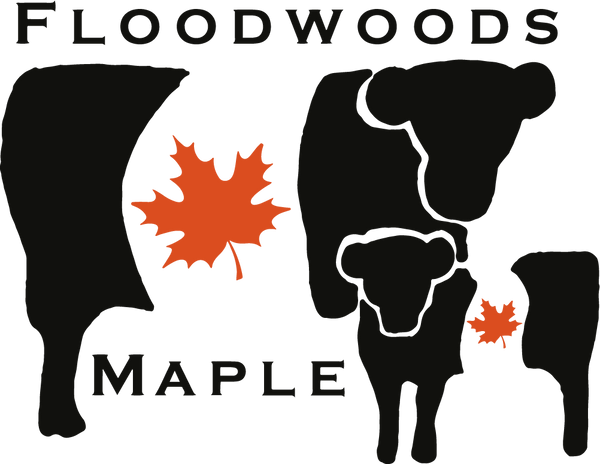Maple syrup, the much-loved natural sweetener, is not just about its rich, woodsy flavor and culinary versatility. Behind its sweetness lies an important story of sustainability. As consumers increasingly seek out eco-friendly products, Floodwoods Maple has been proactive in adopting sustainable practices. This post delves into how sustainability is being integrated into maple syrup production, from responsible tree tapping to eco-friendly packaging.
- Responsible Tree Tapping: Protecting Maple Forests
The heart of maple syrup production lies in the maple forests, primarily in the Northeastern United States and Eastern Canada. Sustainable tree tapping is crucial to ensure the long-term health of maple trees.
Key Practices:
Selective Tapping: Producers follow guidelines to only tap trees that are mature and healthy, ensuring they are not overburdened.
Minimal Impact Techniques: Using smaller taps and taking only a portion of the tree's sap helps protect the tree's health.
Forest Management: Sustainable producers often engage in active forest management, preserving biodiversity and preventing over-exploitation.
- Energy Efficiency in Sap Processing
Turning sap into syrup requires significant energy, primarily for boiling the sap. Eco-conscious producers are innovating to reduce this energy consumption.
Innovations Include:
Fuel Efficient Evaporators: Modern evaporators are more fuel-efficient, reducing the carbon footprint of the production process.
Use of Renewable Energy: Some producers are shifting to renewable energy sources, like solar or wood biomass, for boiling sap.
- Waste Reduction
In maple syrup production, waste management is a key aspect of sustainability.
Efforts Include:
Recycling Sap Water: After sap is boiled, the remaining water can be reused or recycled in various ways.
Composting: Organic waste from the process is often composted, returning nutrients to the soil.
- Eco-Friendly Packaging
The maple syrup industry is increasingly conscious of its packaging impact.
Sustainable Packaging Solutions:
Glass Bottles: Many producers opt for glass, which is recyclable and can maintain syrup quality without the need for additional preservatives.
Recycled Plastic: When plastic is used, producers are shifting towards recycled materials.
Bulk Sales: Offering syrup in bulk reduces packaging waste and encourages reuse.
- Supporting Local Economies
Sustainable maple syrup production often involves supporting local communities. Small-scale producers contribute to local economies, and by purchasing from these producers, consumers help maintain traditional practices and regional jobs.
- Certification and Standards
Certifications like Organic, Non-GMO, and Fair Trade can be indicators of a producer's commitment to sustainable practices. These certifications often require adherence to strict guidelines regarding tree health, energy use, and labor practices.
Maple syrup, a natural and wholesome sweetener, is embracing sustainability at every step of its journey from tree to table. As consumers, choosing sustainably produced maple syrup means supporting not just the health of our planet, but also Floodwoods Maple syrup. By understanding and appreciating the efforts behind sustainable maple syrup production, we can enjoy every drop of this sweet treat with a clear conscience. The future of maple syrup is not just sweet, but also green, and that's a reason to celebrate for everyone who loves this timeless syrup.

